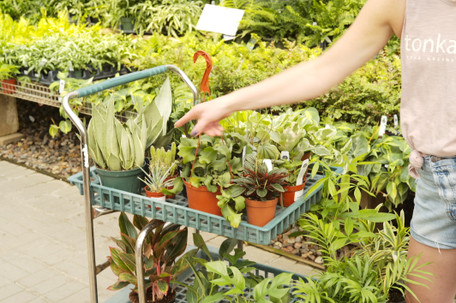Indoor Plants for Back-to-School, Offices, and Workspaces
Posted by Jessie Jacobson on Aug 20th 2021
People are innately biophilic. We have a passionate love for life and all that is alive. The biophilic hypothesis is the idea that humans have an inherited need to connect to nature and other biotic forms due to our evolutionary dependence on it for survival and personal fulfillment. Nature can be a part of our lives in so many ways so why not include it in the places where we spend most of our time – work and school.
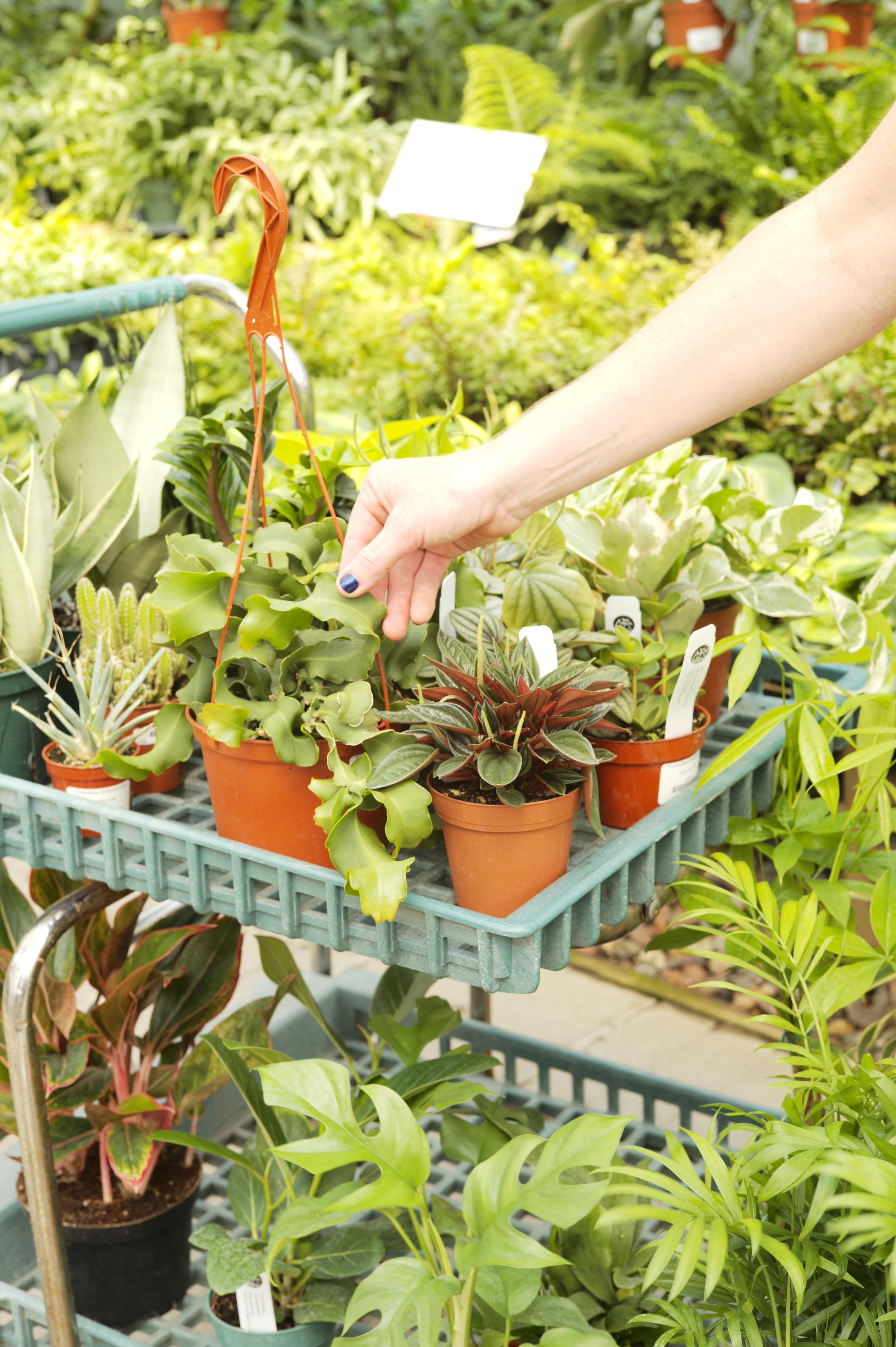
Plants do that
Plants in workplaces and learning spaces increase attention and focus, support memory function, and promote creativity. An abundance of plants can decrease absences from work and school. Foliage plants reduce mental fatigue and improve recovery from burnout. Plants can also decrease stress and anxiety. Did you know soil contains a strain of bacterium, Mycobacterium vaccae, that has been found to trigger the release of serotonin, the hormone that stabilizes our mood, feelings of well-being, and happiness. Dr. Chris Lowry, at Bristol University, found that intake of M. vaccae (such as through inhalation of soil particles) resulted in elevated cytokine levels, an intermediate in a chain reaction that results in serotonin production. Likewise, a 2015 study published in the Journal of Physiological Anthropology found that active interaction with indoor plants can reduce physiological and psychological stress. This is accomplished through suppression of sympathetic nervous system activity and diastolic blood pressure which promotes as sense of comfort and relaxation.
Houseplants promote a sense of community and belonging. Caring for plants in a communal space improves teamwork and social skills. Sharing a common interest bridges the gap between people who may not otherwise interact. Collecting and caring for plants is an approachable and accessible hobby. There are houseplant groups popping up all over the place where people are collaborating to troubleshoot and improve plant care, identify plants, trade plants, and just talk about plants. Relationships and bonds are being forged right before our eyes all because of plants!
Houseplants alter the indoor microbiome and increase humidity.
Plants and soil increase microbial abundance and diversity indoors which can potentially outcompete and prevent harmful bacteria from colonizing and causing illness. Transpiration is the movement of water through plants and the subsequent evaporation from leaves, stems, and flowers into the air. During the growing season, a leaf will transpire many times its own weight in water which increases humidity in the surrounding area. Increased humidity can decrease the incidence and severity of dry skin, sore throat, dry cough, and colds. Here we are full circle. Better health and less sick days.
Pick your plants
Yes, there are the tried-and-true, easy care, no maintenance plants which do have a place at the desk, but why not dig a little deeper? Looking within a genus of plants is where the fun begins. And because we love and care for plants that’s means we are creative so shouldn’t our plant selections reflect that just a bit?! Here is our go to list of plants to try and buy for back-to-school and back-to-work after a long and sun-soaked summer.
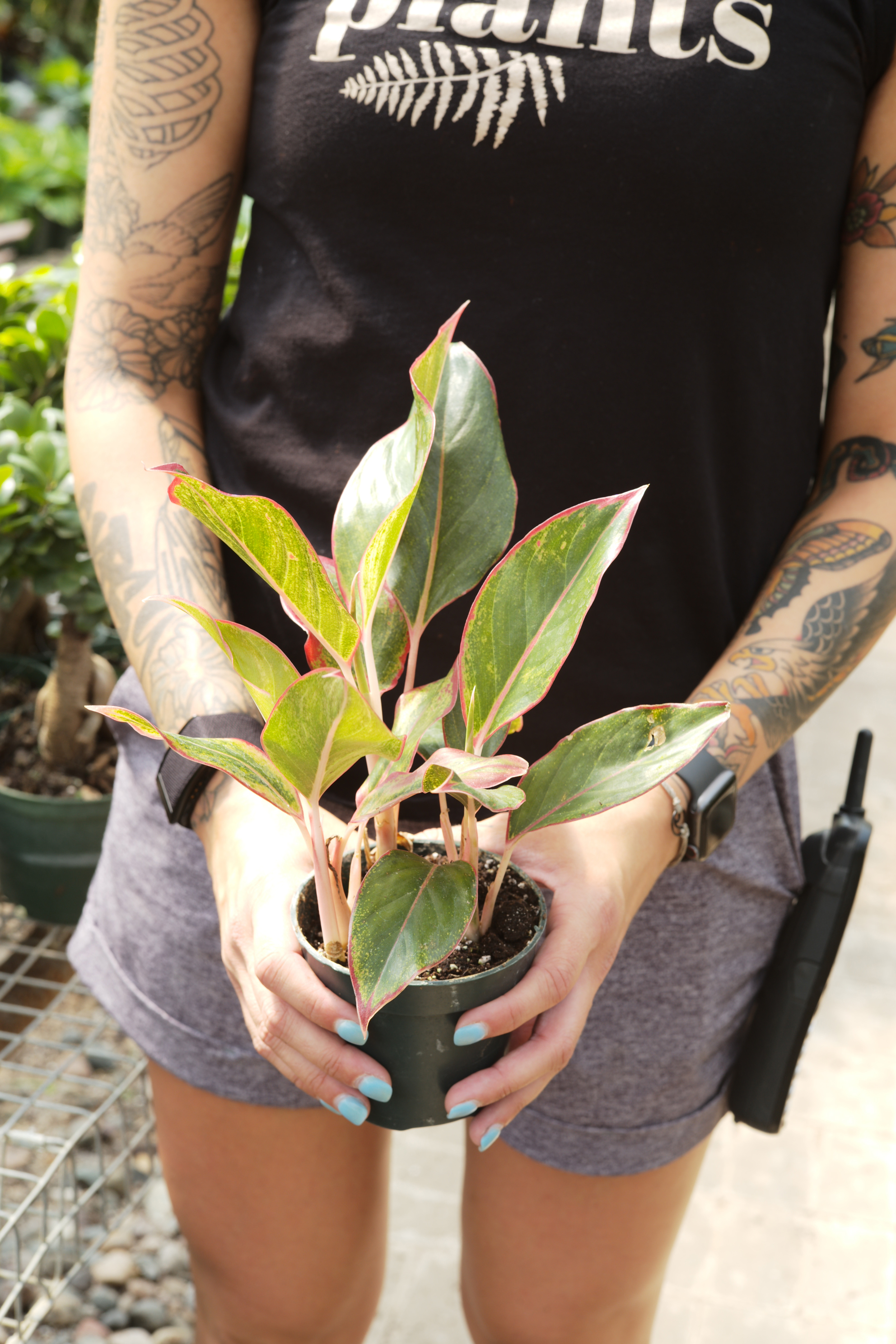
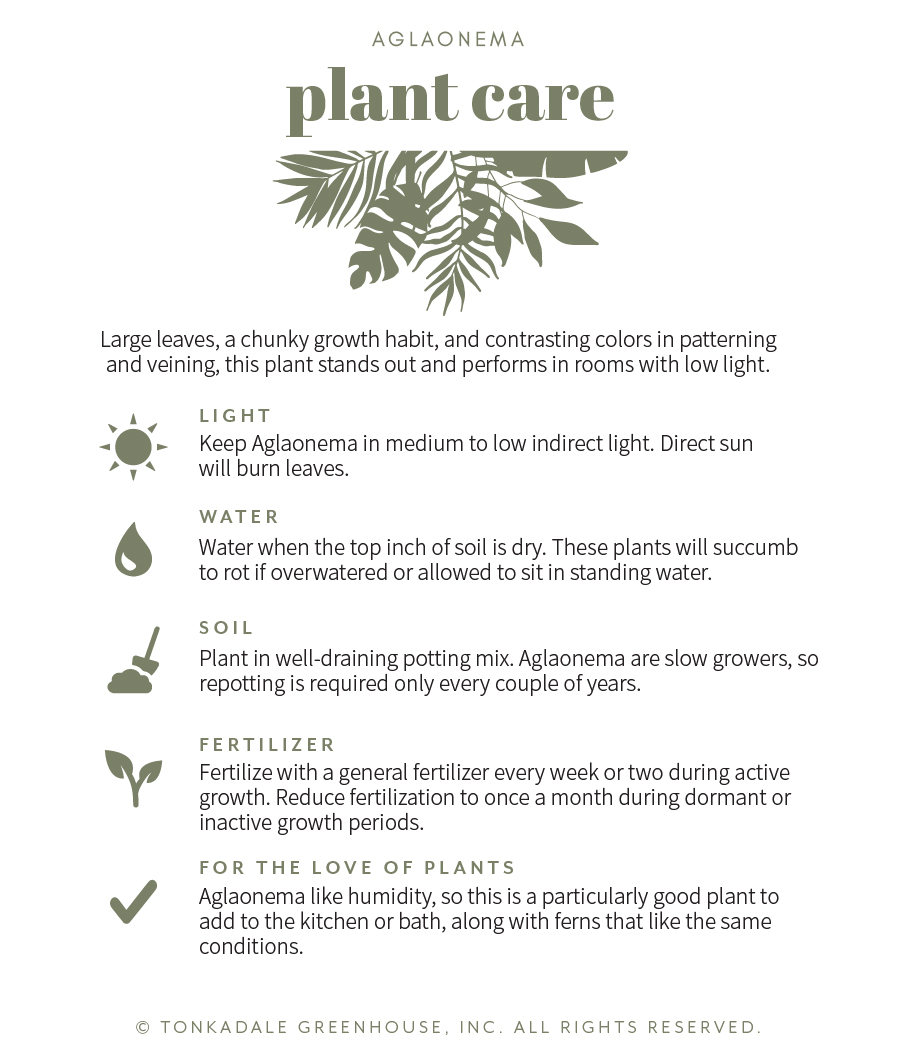
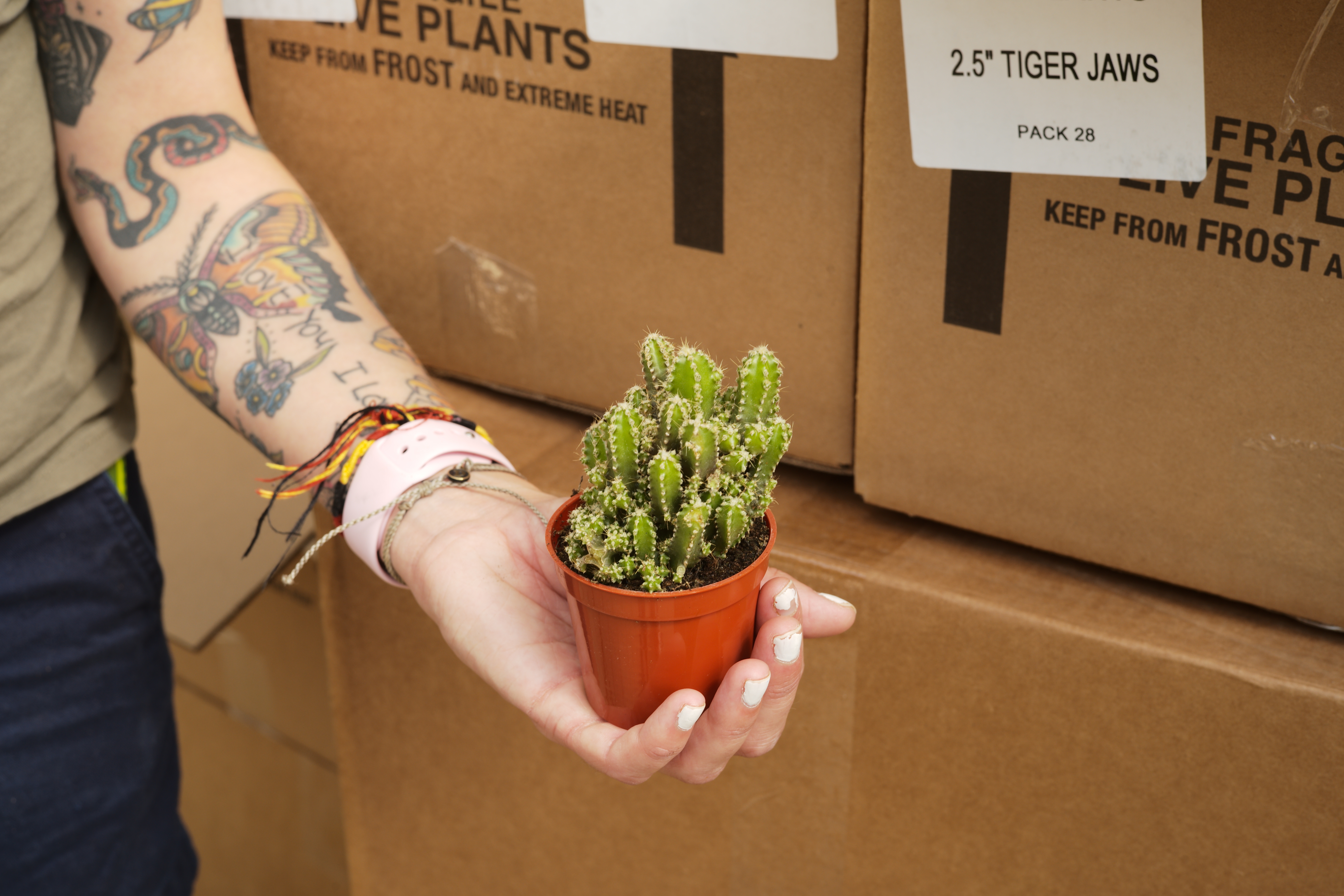
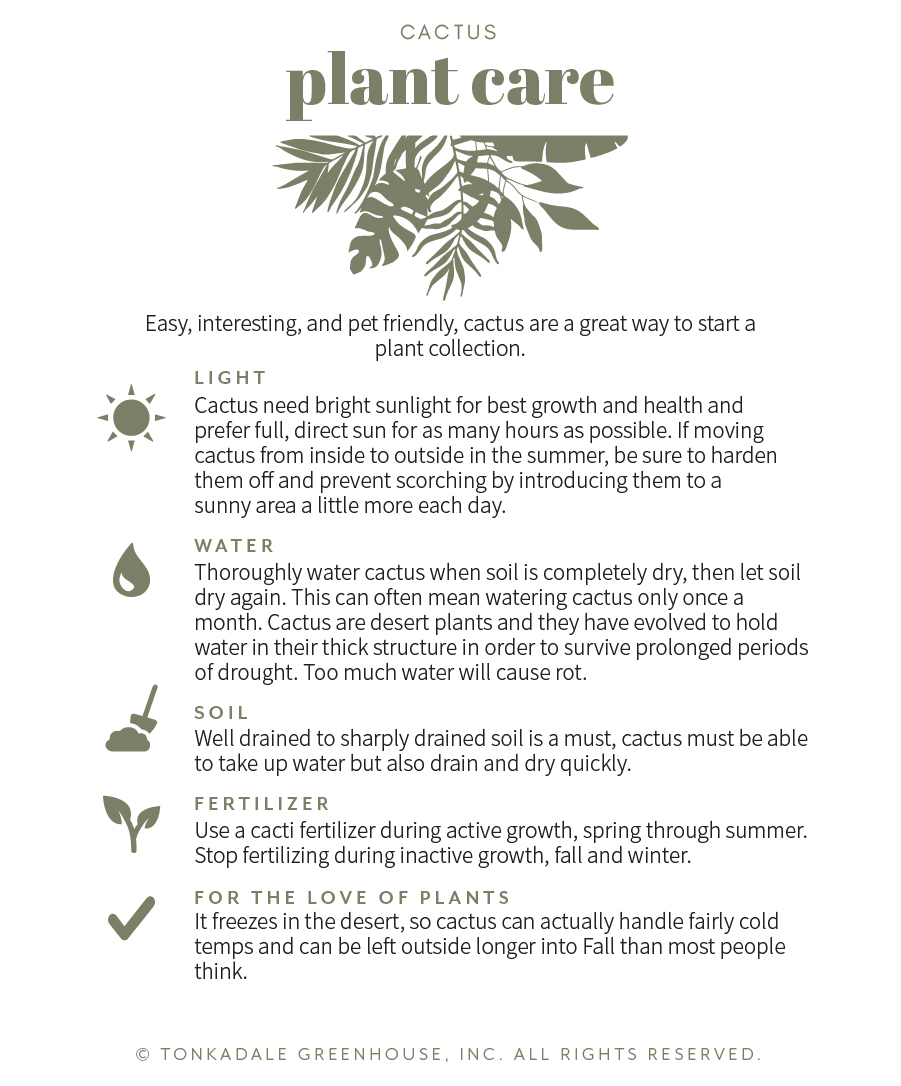
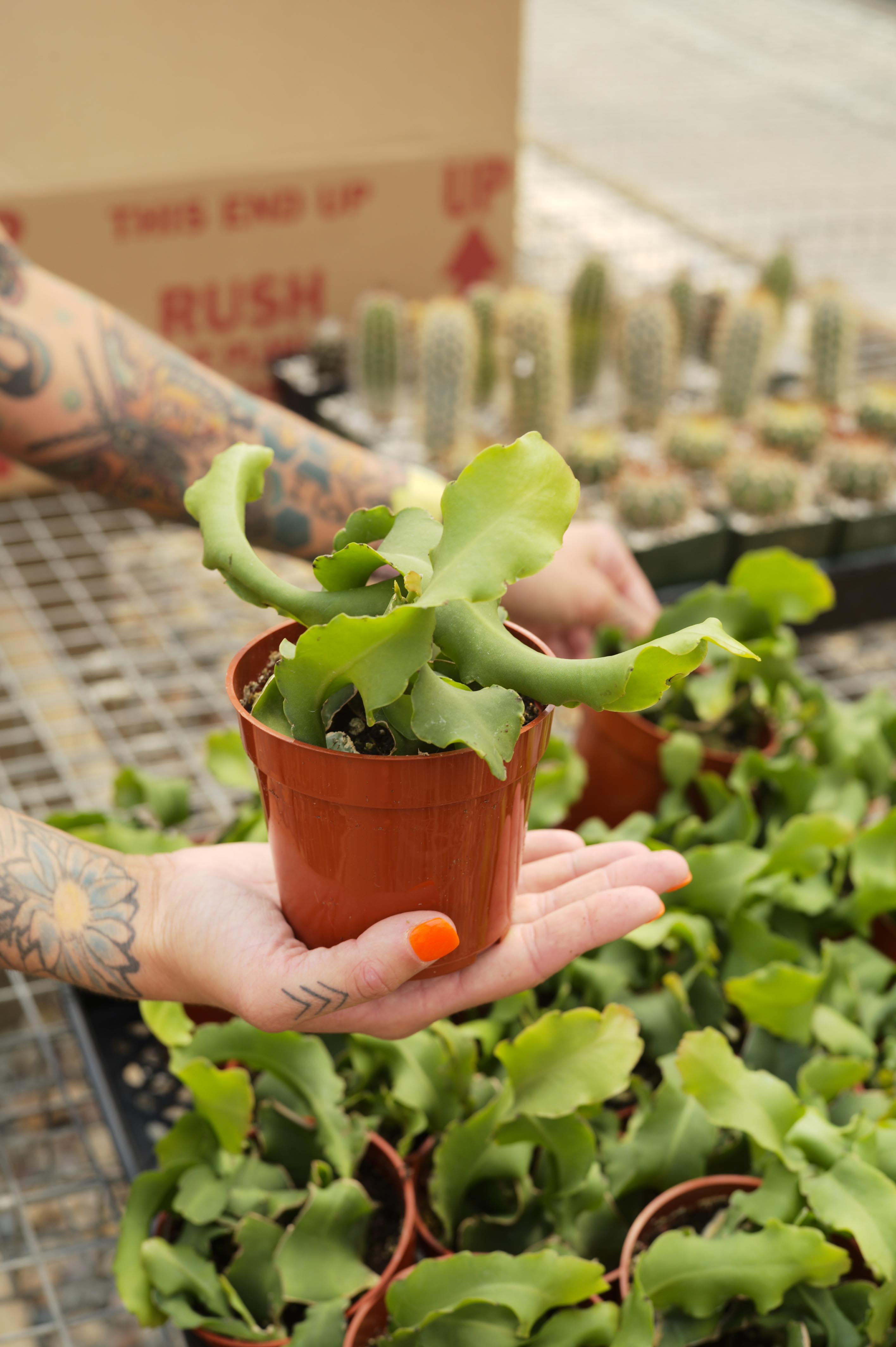
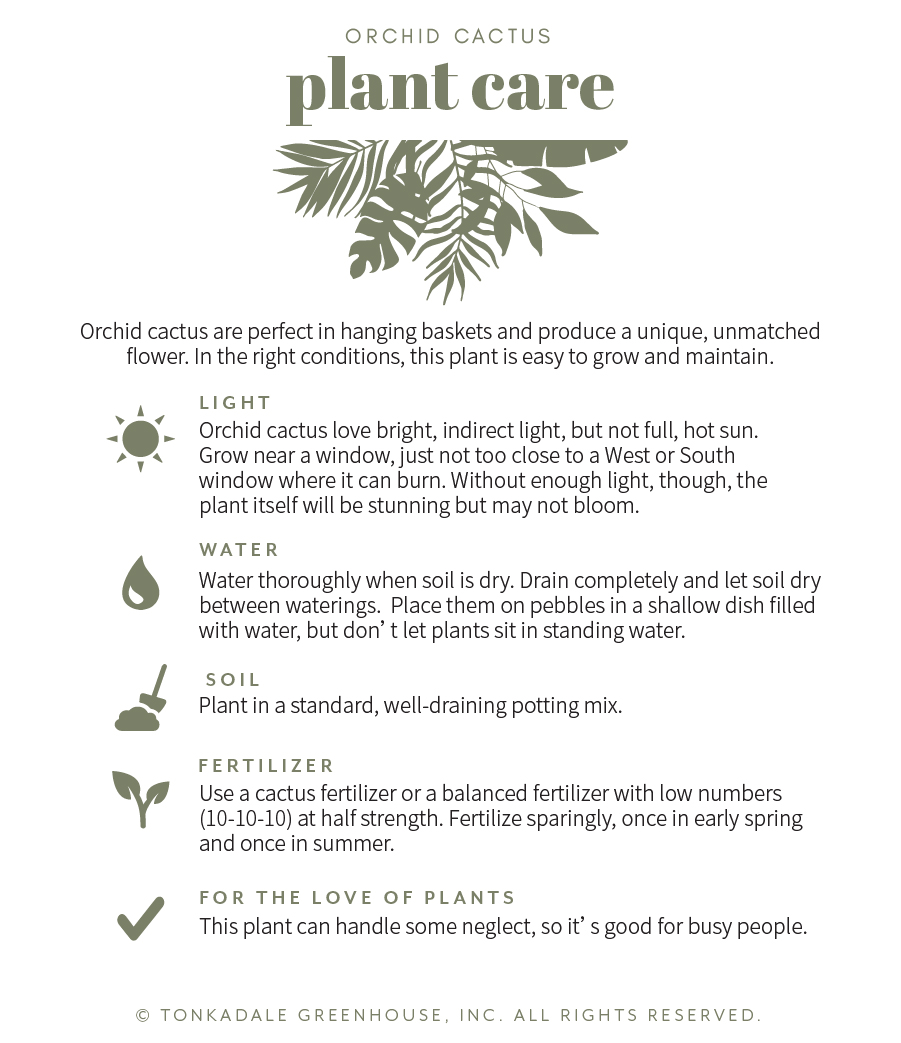
Ferns – Staghorn and Bird’s Nest Fern
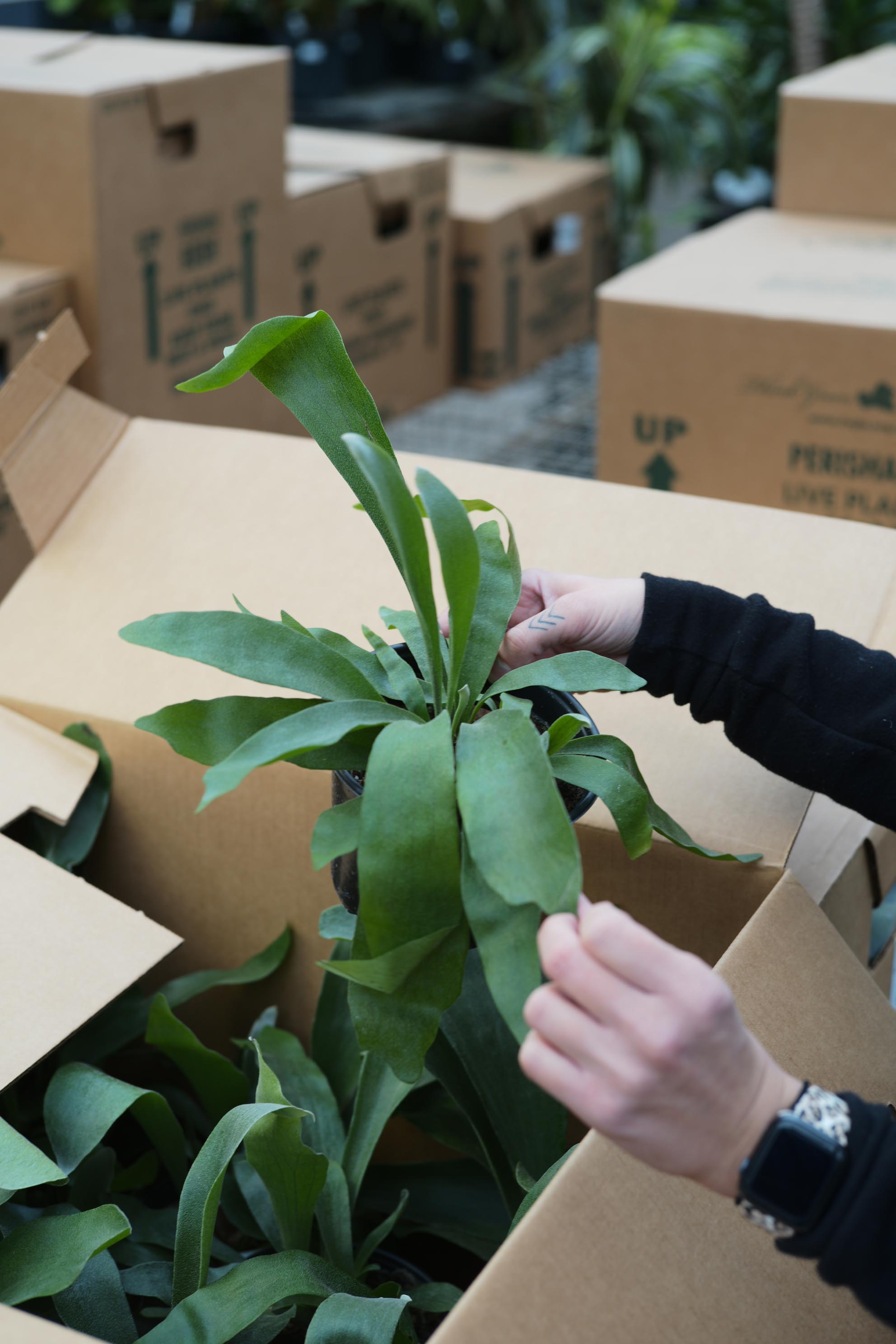
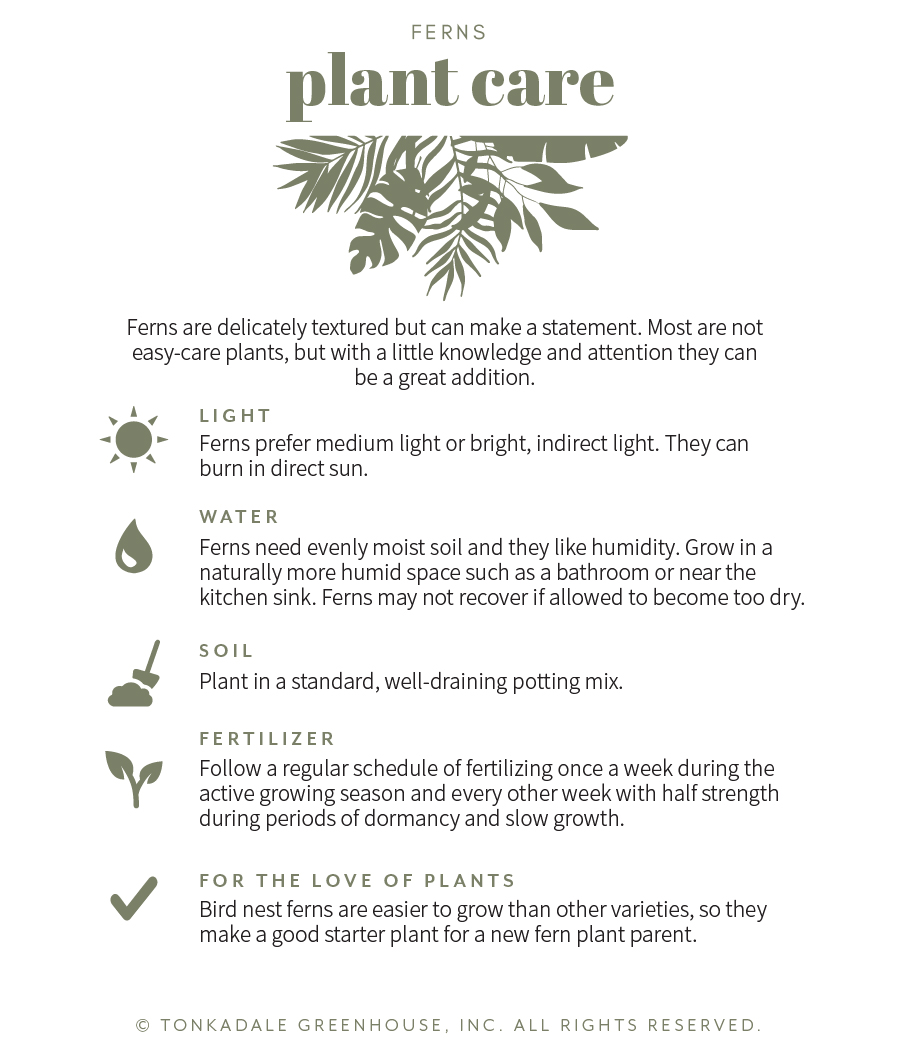
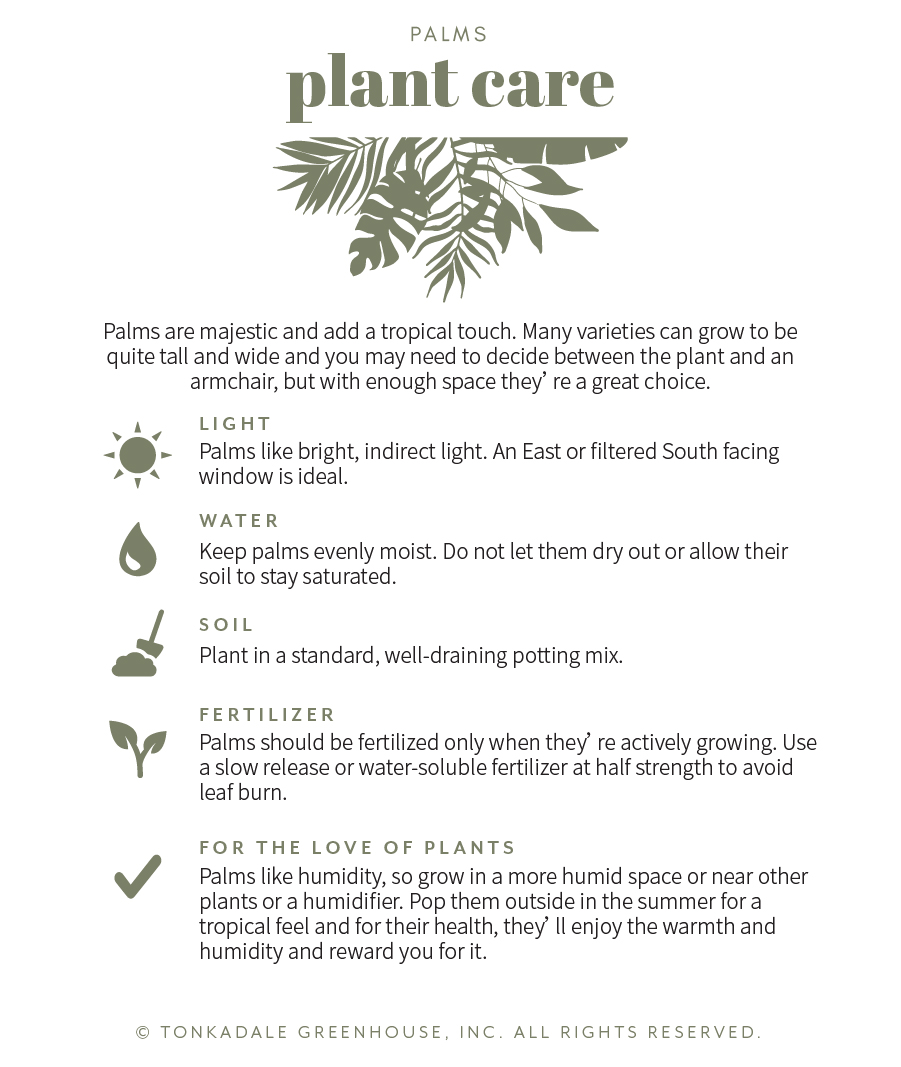
Peperomia Hope, Ginny, Piccolo Banda, Pearl, and Rosso to name a few.
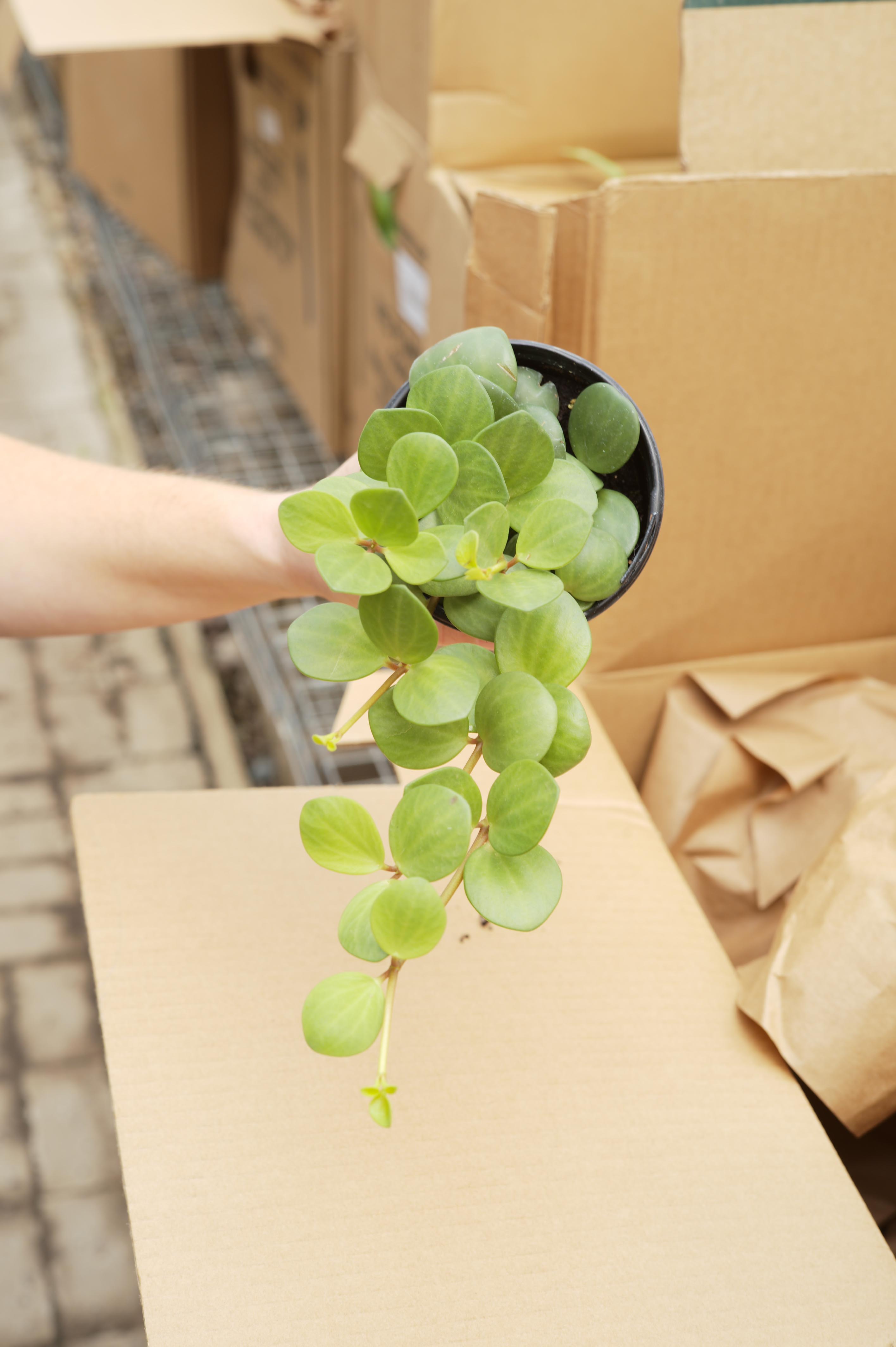
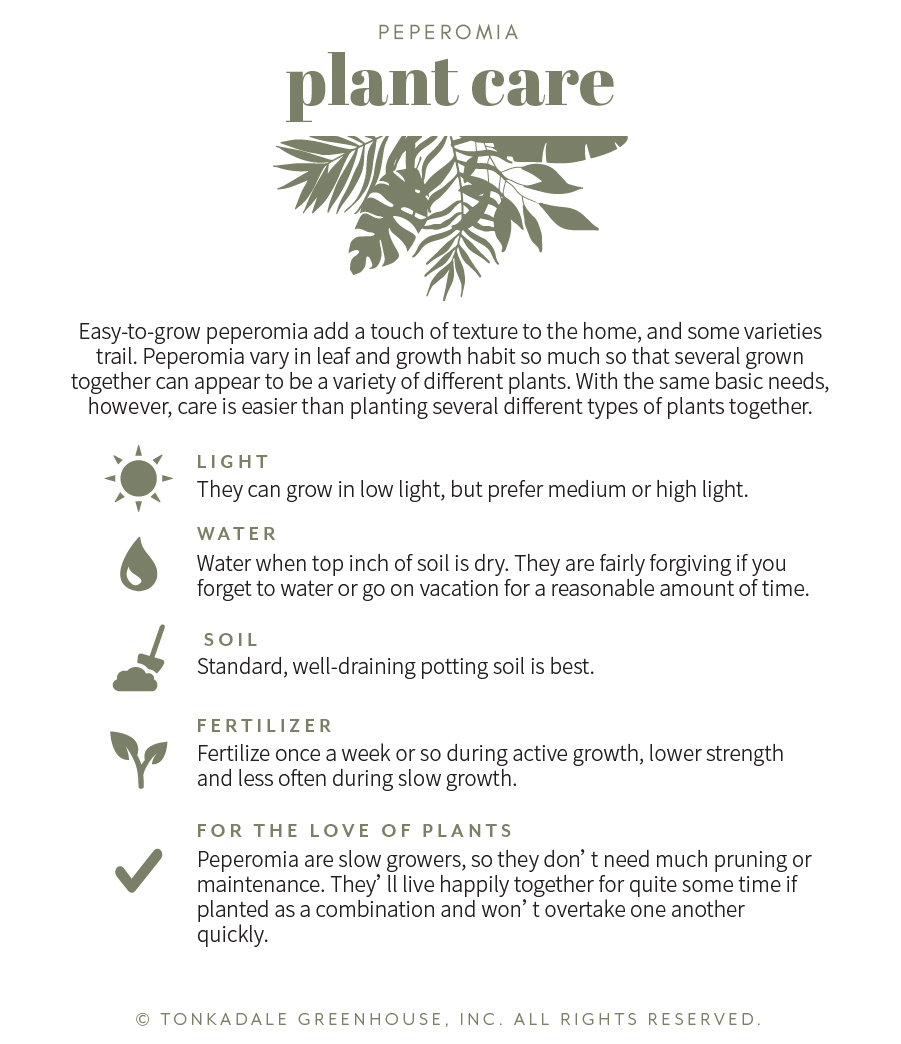
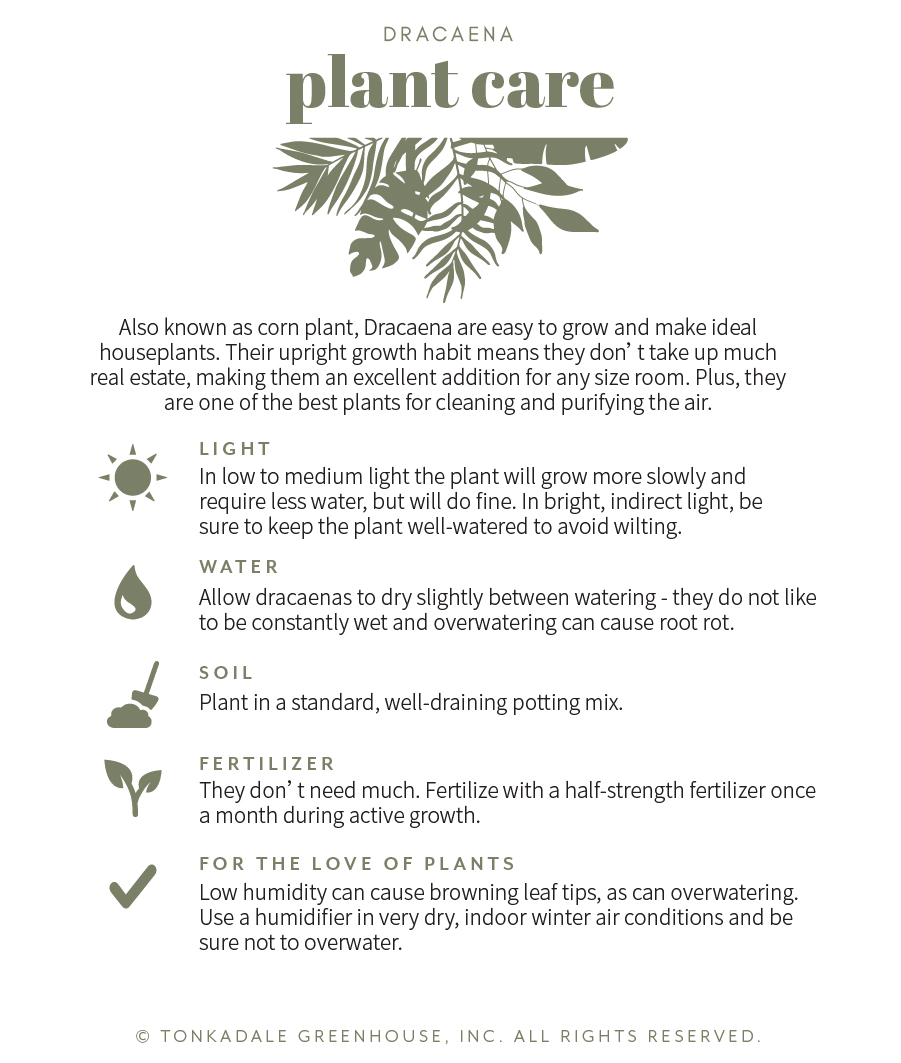
Pothos Neon and Pearls & Jade
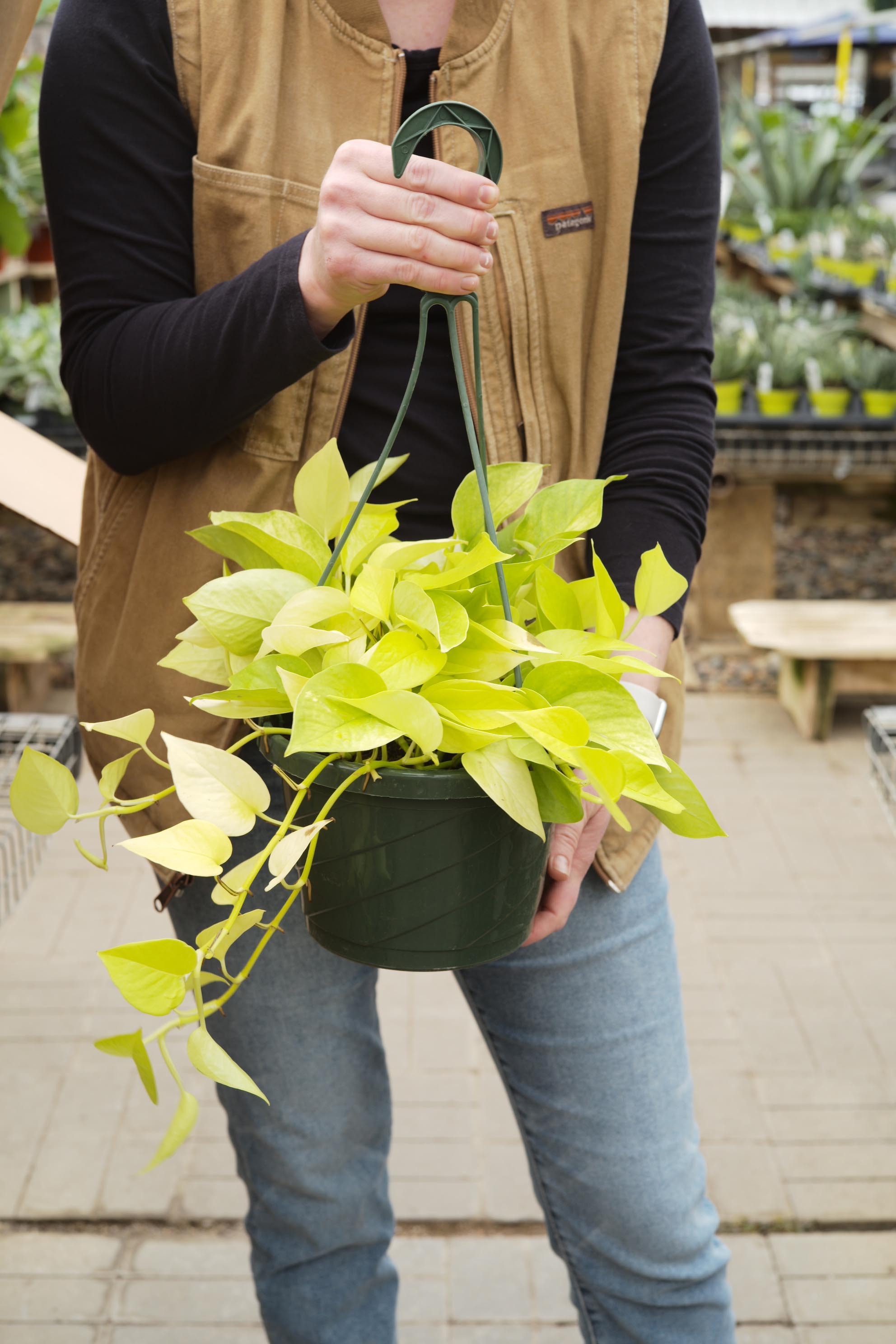
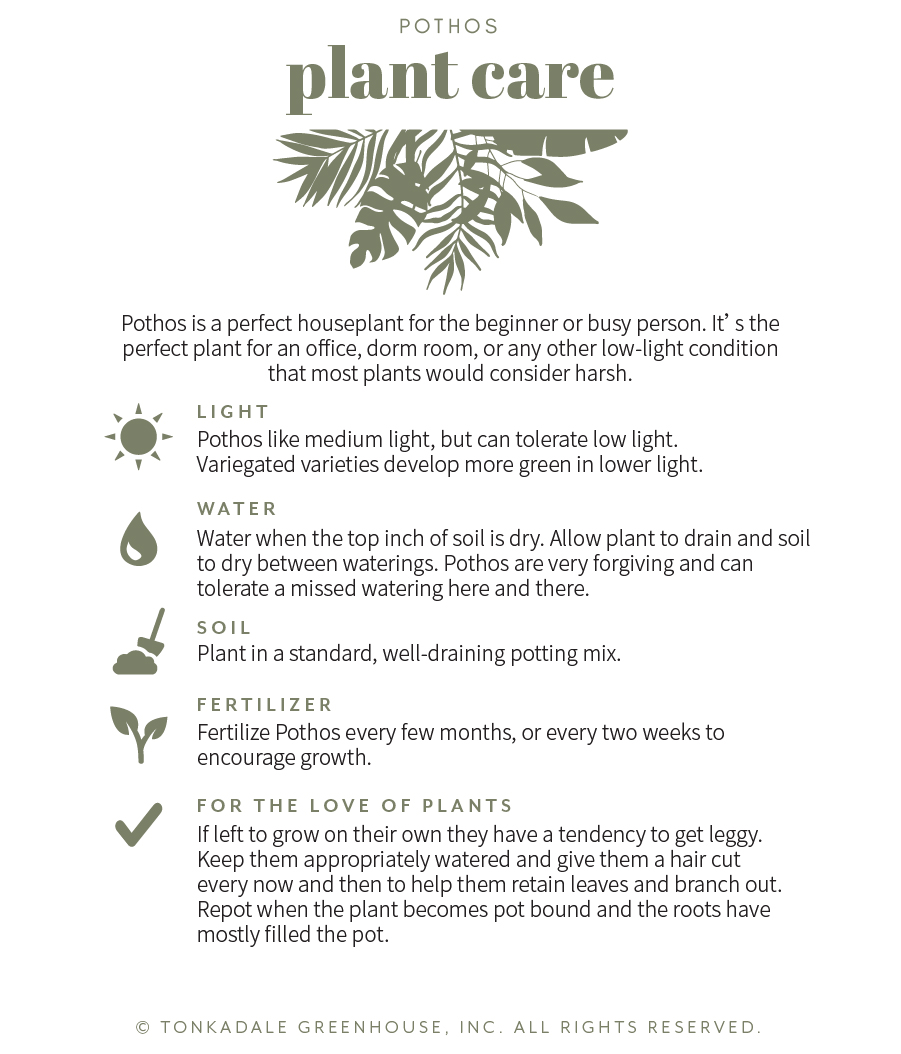
Sansevieria Moonshine, Night Owl, and Fernwood
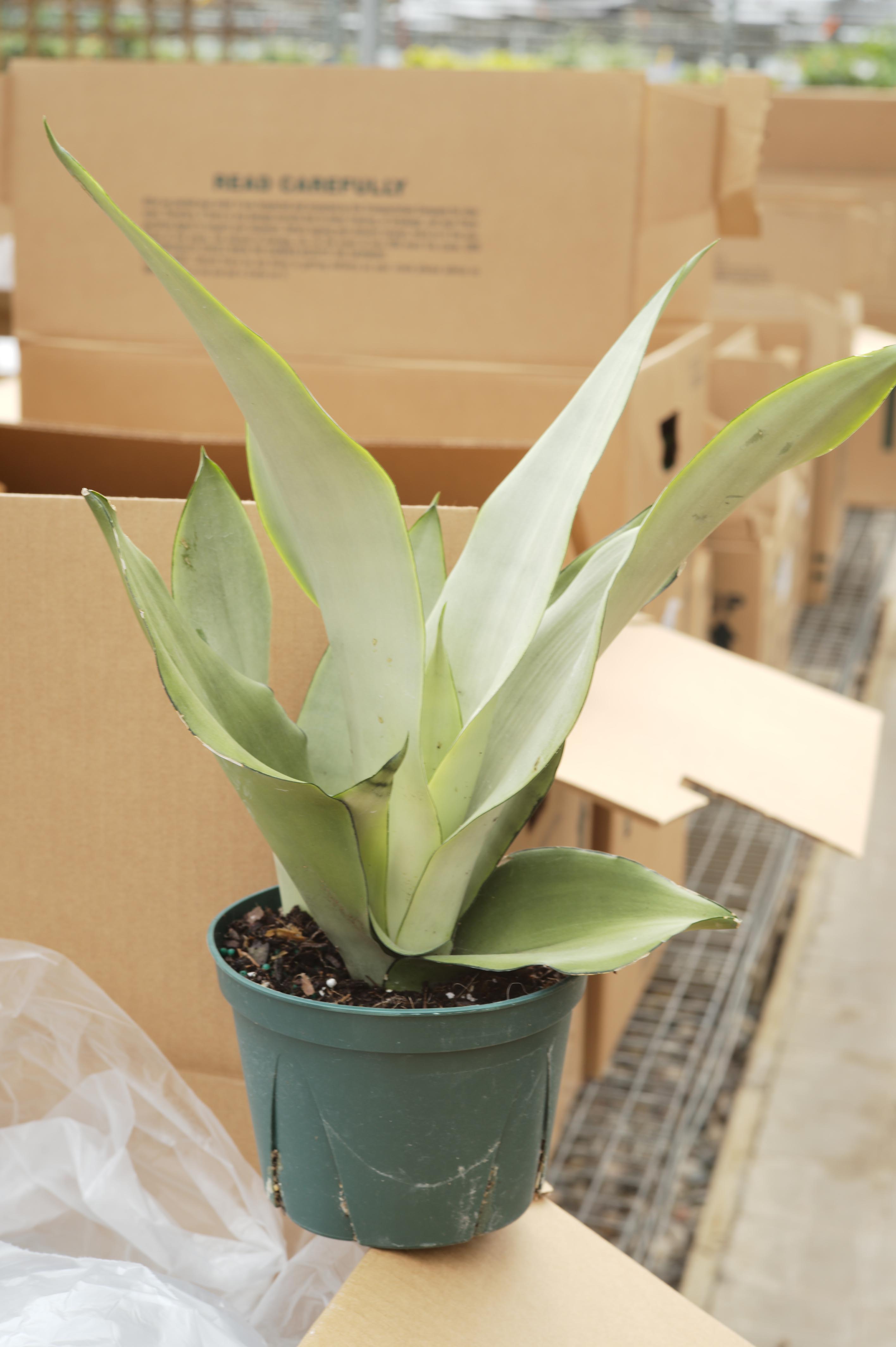
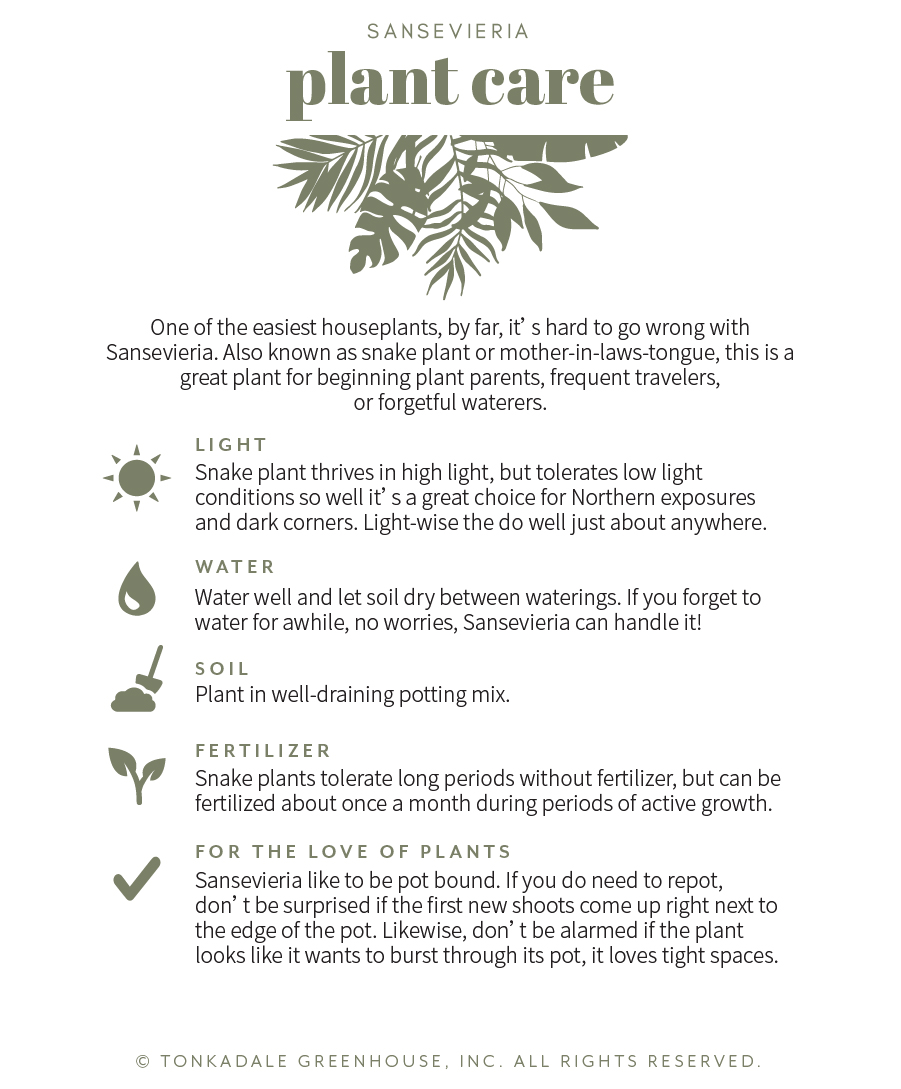
Rhaphidophora decursiva and tetrasperma
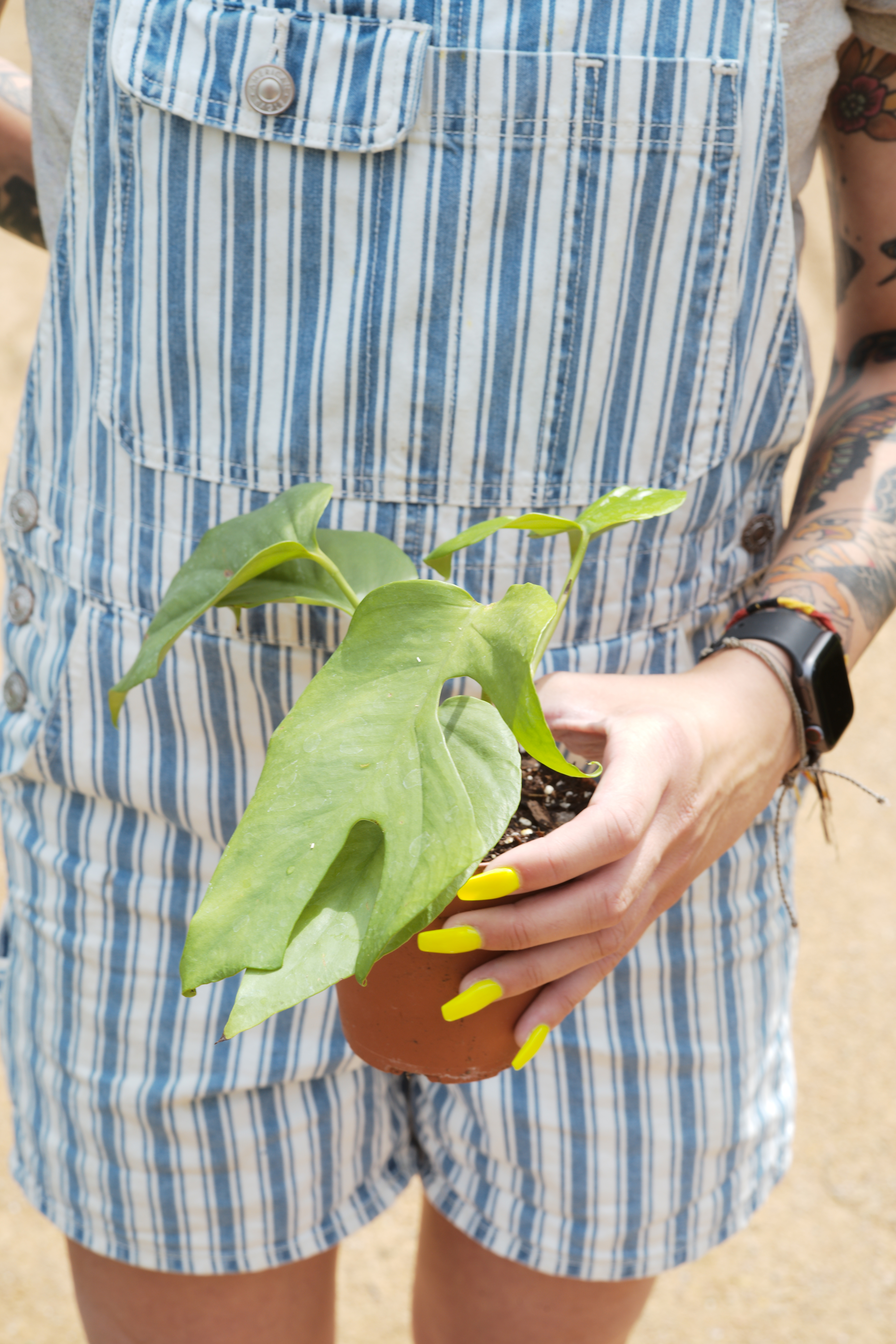
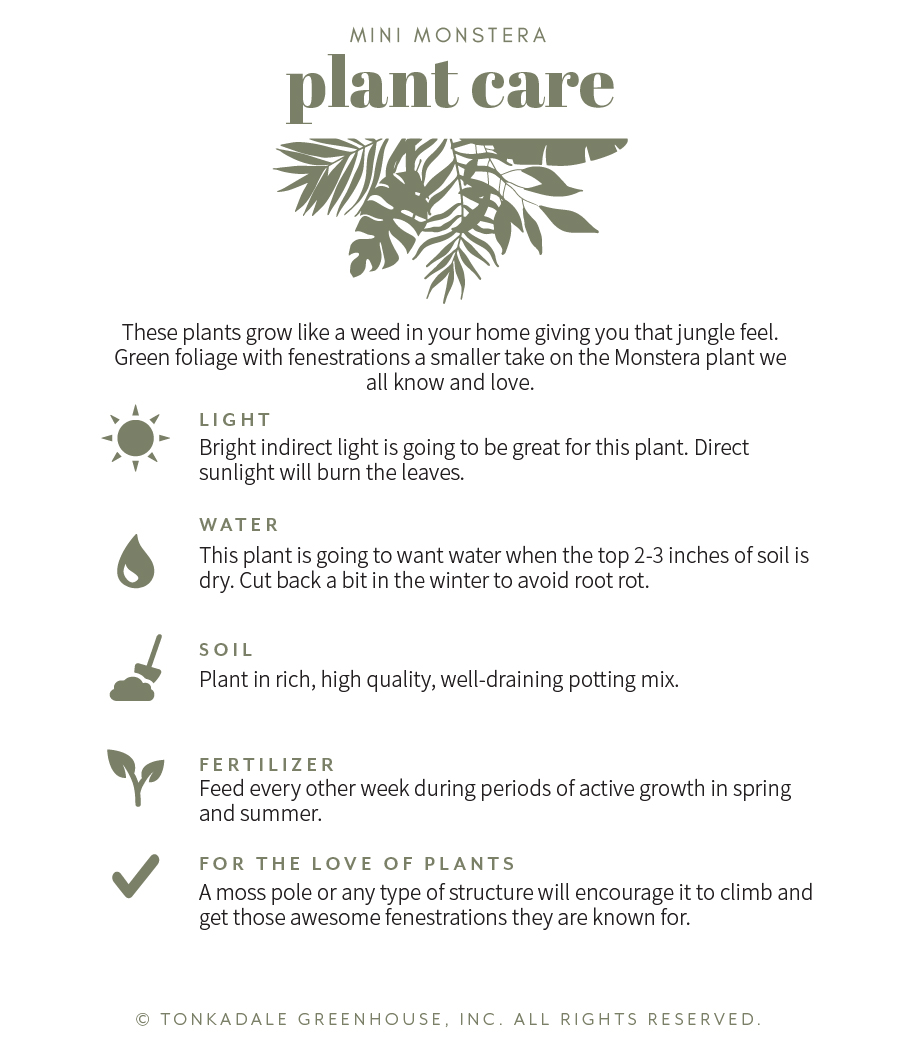
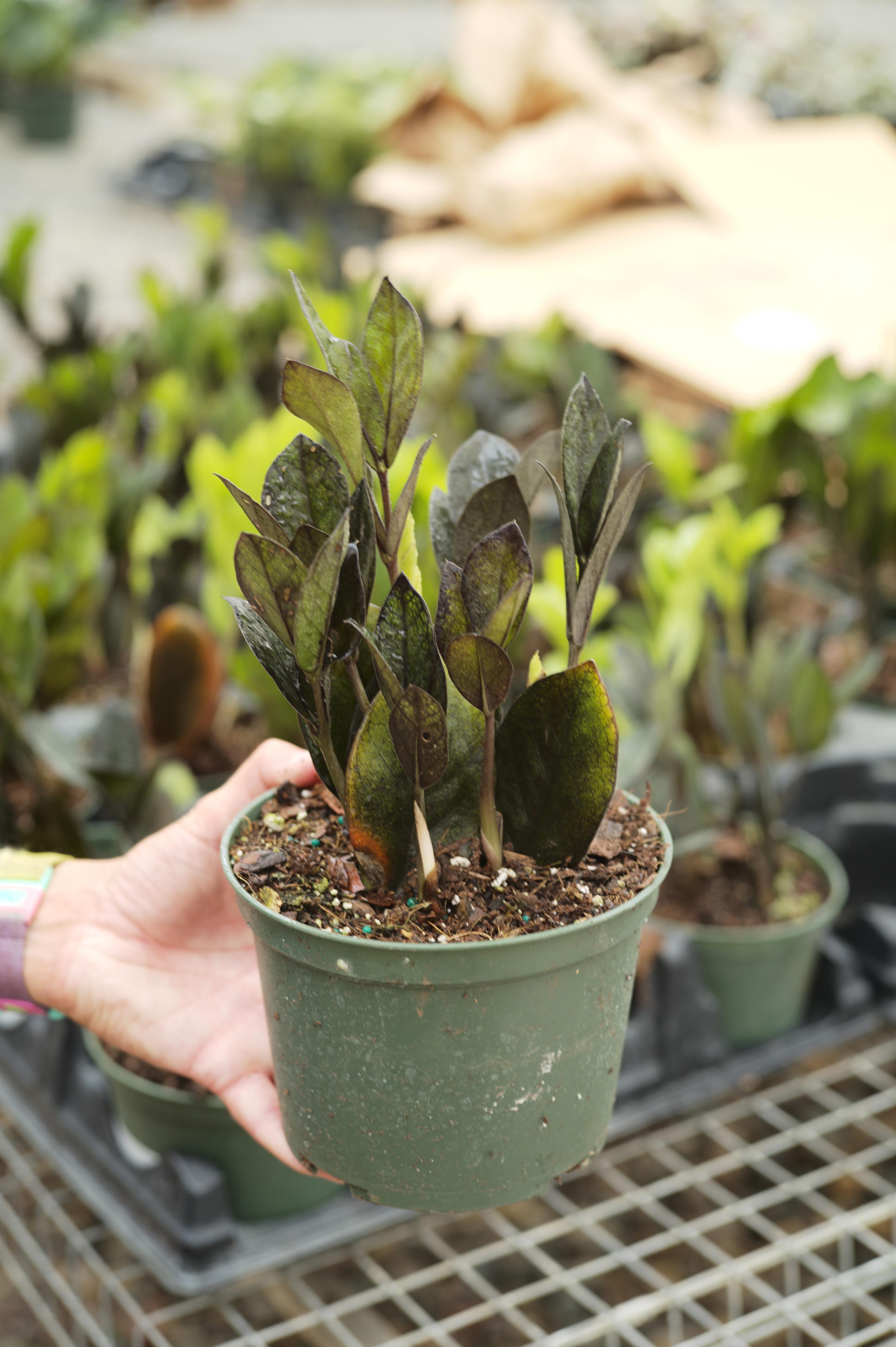
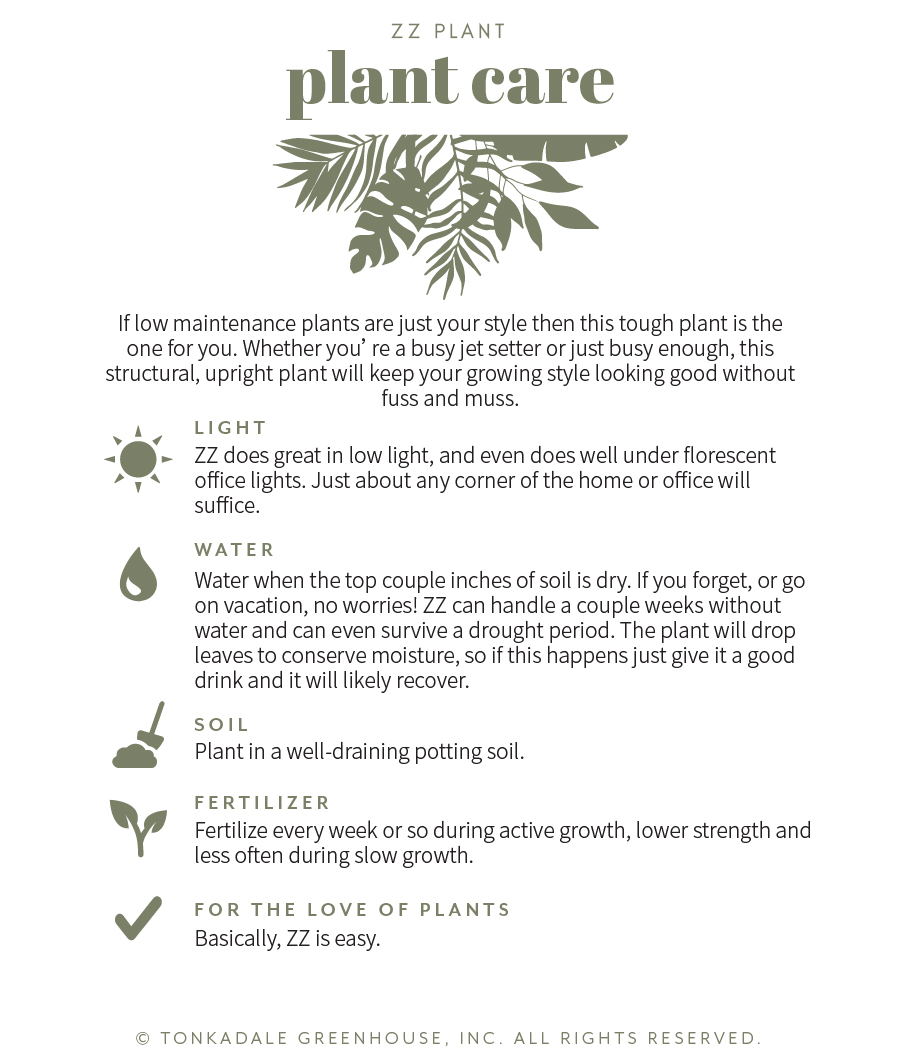
Plant perks are part of the new benefits package for both at work and in school. Join us on your journey to the true expression of biophilia – the love of plants!

